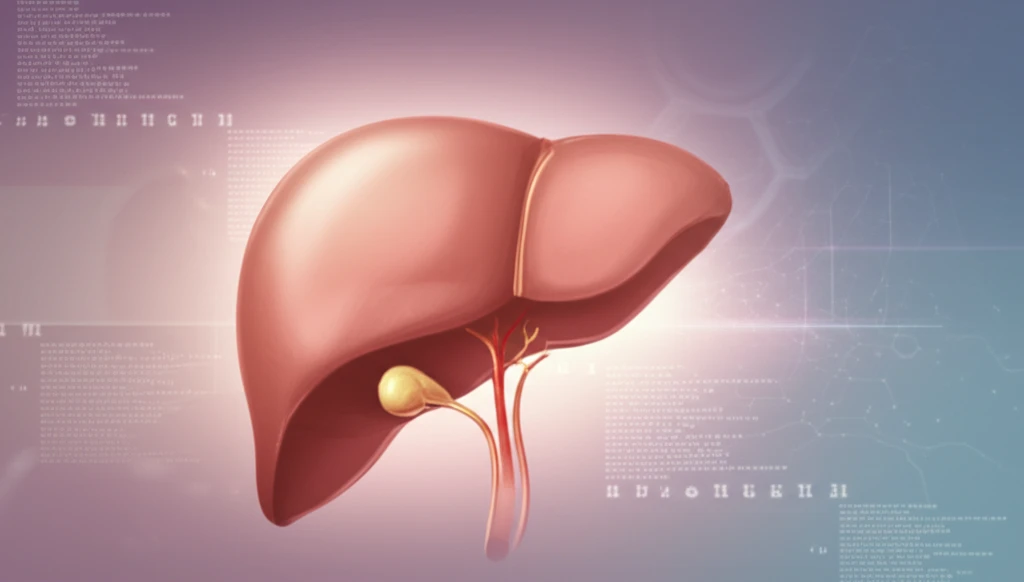
New Hope for Liver Cancer: How a Promising Treatment Could Change Everything
"A groundbreaking study explores the efficacy of a new drug in treating advanced hepatocellular carcinoma, offering a beacon of hope for patients and a potential shift in treatment strategies."
Liver cancer, or hepatocellular carcinoma (HCC), presents a formidable challenge in the medical world. Its prevalence and the often late-stage diagnosis make it a difficult disease to treat. Traditional methods have shown limited success, leaving patients with few options. However, recent research offers a glimmer of hope. A new clinical trial is underway to explore the efficacy and safety of a promising new drug, potentially changing the treatment landscape for advanced HCC.
The study focuses on tislelizumab, an anti-PD-1 antibody, and its potential to be a game-changer in HCC treatment. The trial compares tislelizumab with the current standard of care, sorafenib, evaluating its effectiveness as a first-line treatment for patients with advanced liver cancer. This approach aims to provide a more effective treatment option and improve patient outcomes.
This article will provide an in-depth look at the ongoing clinical trial, discussing its design, goals, and what it means for patients and the medical community. We will also cover the significance of the findings, the potential benefits of the new treatment, and the broader implications for cancer care. This research aims to give patients and their families hope by exploring new ways to combat cancer.
Unveiling the Study: Key Aspects of the Clinical Trial

The clinical trial is a phase 3, randomized, open-label, multicenter study. It's designed to compare tislelizumab with sorafenib in patients with advanced HCC. The study is being conducted at multiple international centers, involving a diverse group of participants. This approach ensures that the findings are relevant and applicable to a wide range of patients.
- Study Design: A phase 3, randomized, open-label, multicenter trial.
- Participants: Adult patients with advanced HCC.
- Treatment Arms: Tislelizumab vs. Sorafenib.
- Goal: To evaluate the efficacy and safety of Tislelizumab as a first-line treatment.
Looking Ahead: The Future of Liver Cancer Treatment
The ongoing clinical trial of tislelizumab represents a significant step forward in the fight against liver cancer. The results of this study have the potential to reshape treatment paradigms and offer new hope to patients. As research continues, the medical community remains committed to finding innovative solutions and improving patient outcomes in the challenging battle against cancer.
